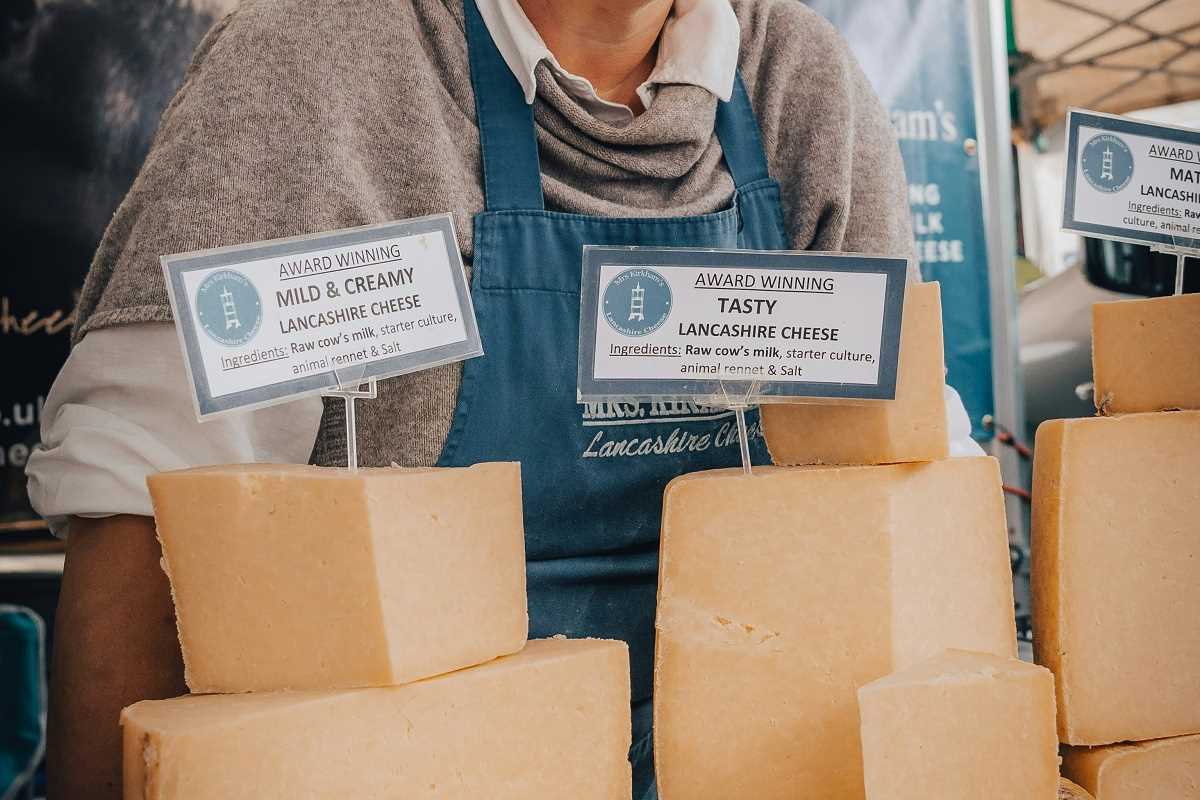Artisanal food producers stand out in the bustling marketplace by prioritizing quality, tradition, and authenticity. They dedicate themselves to the art of crafting exceptional products, ensuring each item reflects their commitment to excellence. By investing significant effort into developing robust brand identities, these creators connect deeply with consumers who crave genuine and meaningful food experiences. Their dedication to maintaining high standards and preserving traditional practices allows them to attract discerning customers who appreciate the value of artisanal craftsmanship. Through their passion and attention to detail, these producers create not just food, but memorable experiences that resonate with those who seek authenticity in every bite.
Establishing a distinct brand is essential for artisanal producers to stand out in a competitive environment. By using creative approaches and forming deep connections with their audience, these businesses can succeed even against larger, more established competitors.
Understanding the Artisanal Food Market
The artisanal food market has seen significant growth as consumers increasingly seek out products that offer a personal touch and superior quality. Unlike mass-produced items, artisanal foods often emphasize small-scale production, traditional methods, and locally sourced ingredients, which appeal to those who value sustainability and craftsmanship.
This market segment thrives on diversity and innovation, with producers continually experimenting with flavors and techniques to meet evolving tastes. The emphasis on authenticity helps artisanal brands build loyal customer bases who appreciate the story and effort behind each product.
Importance of brand identity
A strong brand identity plays a crucial role for artisanal food producers aiming to differentiate themselves in a saturated market. It serves as the foundation upon which all marketing and communication efforts build, ensuring consistency and recognition.
- Recognition: A well-defined brand helps consumers easily identify and remember your products.
- Trust: Consistent branding builds trust, making customers more likely to return and recommend your products to others.
- Emotional Connection: A compelling brand story creates an emotional bond with customers, enhancing loyalty and engagement.
- Market Positioning: Establishing a distinct brand allows producers to position themselves uniquely, highlighting their strengths and values.
Ways to Build a Strong Brand
- Define Your Unique Selling Proposition (USP): Identify what sets your products apart from others in the market, whether it's a unique ingredient, a special production process, or a compelling brand story.
- Consistent Visual Identity: Develop a cohesive visual style, including logos, color schemes, and packaging, that reflects your brand's personality and values.
- Engage with Your Audience: Use social media and other platforms to interact with customers, gather feedback, and build a community around your brand.
- Quality Assurance: Maintain high standards in production to ensure that every product consistently meets or exceeds customer expectations.
- Collaborate and Network: Partner with local businesses, influencers, and other artisans to expand your reach and enhance your brand's credibility.
Implementing these approaches requires a deep understanding of your target market and a commitment to maintaining the authenticity that defines artisanal products. By focusing on what makes your brand unique and consistently delivering value, you can build a strong and lasting presence in the competitive food industry.
The Role of Community and Storytelling
Community engagement and storytelling serve as powerful tools for artisanal food producers to create meaningful connections with their audience. By sharing the history, values, and passion behind their products, producers can differentiate themselves and create a sense of belonging among their customers.
Participating in local events, supporting community initiatives, and encouraging customer interactions through narratives helps build a loyal customer base. Storytelling not only humanizes the brand but also highlights the craftsmanship and dedication involved in creating each product, making the brand more relatable and trustworthy.
Challenges in Competitive Markets
Despite the potential for success, artisanal food producers face numerous challenges in competitive markets. One major obstacle involves competing with well-established brands that have significant resources and market presence. Additionally, maintaining consistent quality while scaling up production can prove difficult without compromising the artisanal nature of the products.
Another challenge involves navigating the ever-changing consumer preferences and market trends. Staying relevant requires continuous innovation and adaptability. To overcome these hurdles, producers must manage their resources effectively, invest in marketing efforts that highlight their unique qualities, and remain agile in responding to market demands.
By addressing these challenges directly and utilizing their strengths, artisanal food producers can build resilient brands that not only survive but also succeed in competitive environments. Focusing on what makes them special and staying connected with their community will pave the way for long-term success.
Artisanal food producers possess a unique opportunity to make their mark by building strong, authentic brands. Through effective branding, community engagement, and overcoming market challenges, these businesses can establish lasting relationships with consumers and achieve sustained growth in a competitive landscape.
 (Image via
(Image via





